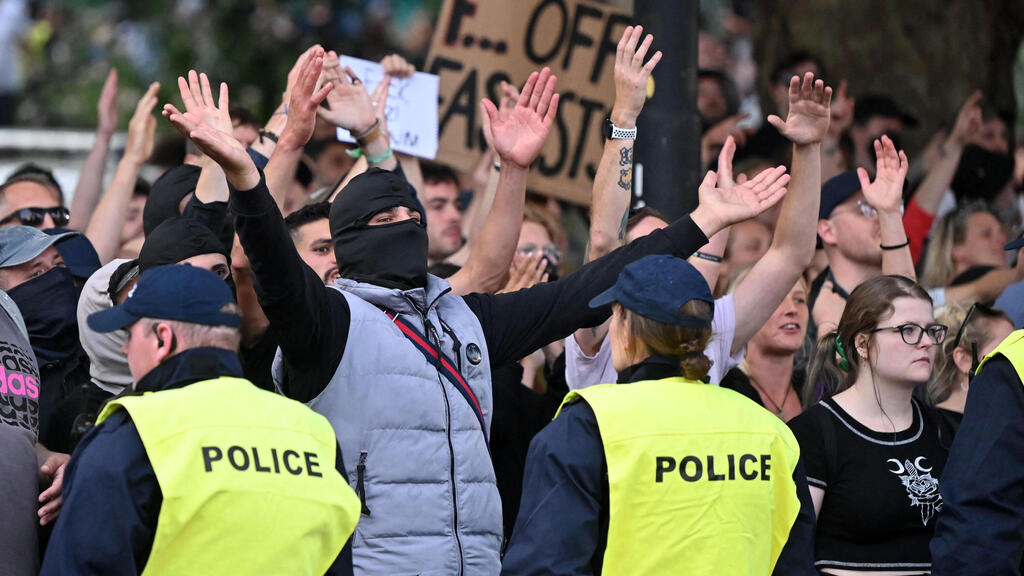Getting your Trinity Audio player ready...
As Europe continues to address the troubling rise of crimes committed by certain immigrants and public safety concerns, we spoke with Ynet's correspondent based in Berlin, Ze'ev Avrahami, to explore the underlying issues and the role political correctness may play in hindering effective action by authorities.
Why do you think these issues are often overlooked or underreported by authorities across Europe, including in Sweden, Germany, and France?
First, let’s reflect on what occurred in the UK. This wasn’t an isolated problem—it happened in numerous places, and the scope and graphic details of the crimes are truly horrifying. But this isn’t confined to the UK; it’s a Europe-wide issue.
An interview with Ze'ev Avrahami, Yedioth's correspondent in bBerlin
(Video: Miki Shmidt)
If we examine the UK reports and investigations, it becomes evident that there was systemic negligence. Parents, institutions, the judicial system, and law enforcement all failed the victims—primarily white British girls from working-class backgrounds, aged 11 to 18. Meanwhile, the perpetrators were predominantly British citizens of Pakistani descent, aged 30 to 40. What’s even more distressing is that everyone knew what was happening.
How much of a role does political correctness play in preventing authorities from addressing crimes committed by certain immigrant groups?
It plays the central role. The reluctance to address these crimes stems from a fear of being labeled as targeting immigrants, particularly those from Pakistani Muslim backgrounds. Cultural factors also play into this—some of these groups view women as property or objects, regardless of whether they are 11 or 25 years old. The age and scope of the crimes make them particularly shocking, but the underlying issue is a reluctance to acknowledge the problem.
Do you believe people in countries like the UK, France, and Sweden are growing frustrated with political correctness?
Absolutely, but it’s a byproduct of deeper issues. Take Sweden, for example. It has long been considered a model of liberal democracy, with a strong welfare system and economy. Yet, today, 20% of Swedes are voting for a party with neo-Nazi roots.
Get the Ynetnews app on your smartphone: Google Play: https://bit.ly/4eJ37pE | Apple App Store: https://bit.ly/3ZL7iNv
This shift is largely due to concerns over personal safety. Many Europeans no longer feel secure—whether it’s walking the streets at night or in certain neighborhoods. These fears are driving people toward the right wing, which poses significant dangers in Europe, given its history. To combat this, governments must address these concerns rather than dismiss them as overblown. There is a problem, and it needs to be taken seriously.
So, in your view, this fear and frustration are key drivers behind the rise of right-wing movements across Europe?
Without a doubt.





